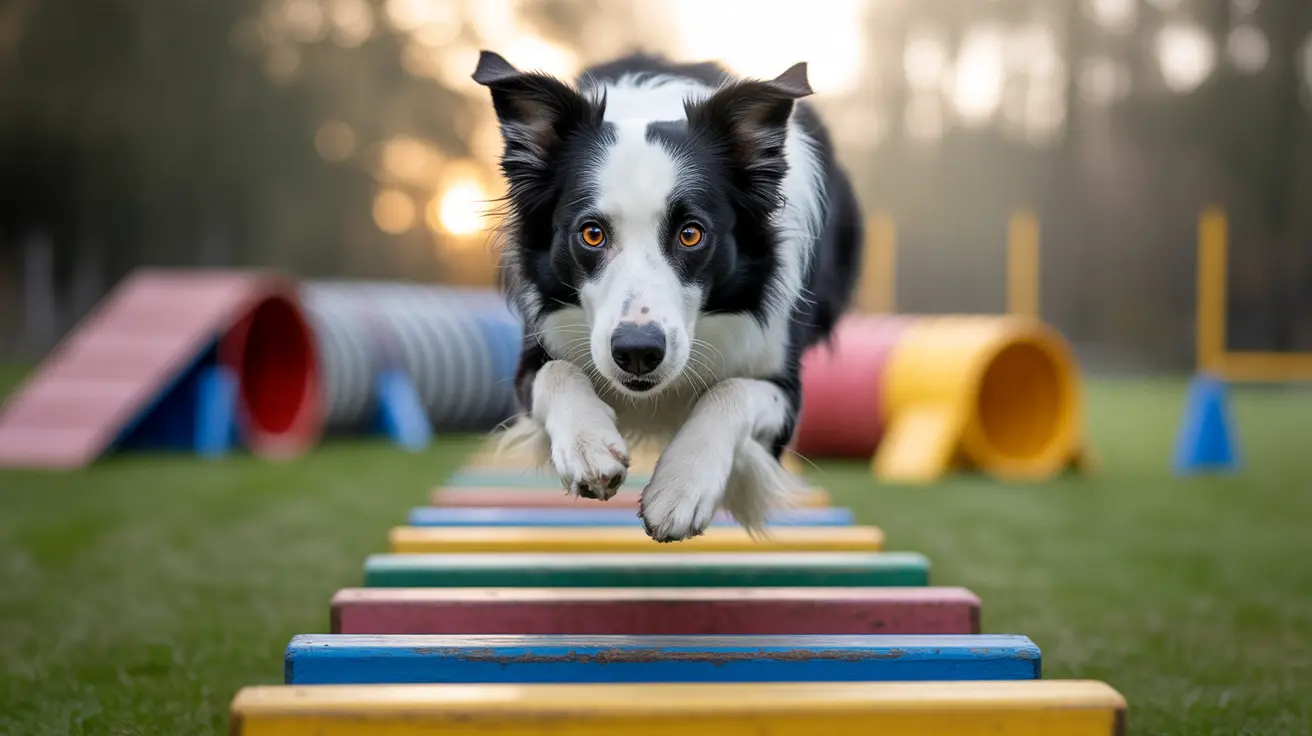The age-old question of whether horses are smarter than dogs has intrigued animal lovers and scientists alike. While both species demonstrate remarkable intelligence, their cognitive abilities manifest in distinctly different ways, shaped by evolution and their historical relationships with humans. Let's dive deep into what science reveals about the unique intellectual capabilities of these beloved animals.
Understanding animal intelligence requires looking beyond simple comparisons to examine how each species processes information, solves problems, and interacts with their environment and human companions. Both horses and dogs have developed specialized forms of intelligence that serve their specific needs and roles.
The Science of Animal Intelligence
Animal intelligence isn't measured through traditional IQ tests like those used for humans. Instead, researchers evaluate various cognitive abilities, including memory retention, problem-solving capabilities, social intelligence, and emotional awareness. Both horses and dogs excel in different aspects of these measurements.
Scientists have discovered that brain size alone doesn't determine intelligence - it's the neural connections and specialized brain regions that matter most. While horses have larger brains, dogs have developed unique neural pathways specifically adapted to human interaction.
Dogs' Cognitive Strengths
Dogs have evolved alongside humans for over 15,000 years, developing remarkable social intelligence and communication skills. Their ability to read human gestures, facial expressions, and emotions is unparalleled in the animal kingdom.
- Exceptional social cognition and bonding abilities
- Superior scent detection and memory
- Quick learning of verbal commands
- Strong problem-solving skills in cooperative tasks
- Ability to understand human pointing gestures
Horses' Intellectual Capabilities
Horses demonstrate impressive cognitive abilities that reflect their evolution as herd animals. Their intelligence is particularly notable in areas of emotional awareness and social dynamics.
- Outstanding long-term memory
- Sophisticated emotional intelligence
- Complex social understanding
- Ability to learn symbolic communication
- Strong spatial awareness and navigation skills
Comparing Learning and Memory
While both species demonstrate strong learning capabilities, they excel in different areas. Dogs typically learn new commands more quickly, while horses show superior long-term memory retention. Studies have shown that horses can remember people and experiences from many years past, often with remarkable accuracy.
Social Intelligence and Emotional Awareness
Both animals demonstrate high levels of emotional intelligence, but in different ways. Dogs excel at reading human cues and responding to direct commands, while horses show remarkable sensitivity to emotional states and non-verbal communication. This makes both species excellent candidates for therapy work, though their approaches differ significantly.
Frequently Asked Questions
Are horses or dogs smarter when it comes to learning tricks and following commands?
Dogs typically learn tricks and commands more quickly due to their evolved ability to cooperate with humans. However, horses excel at learning complex patterns and routines, especially those involving physical movement and spatial awareness.
Do horses or dogs have better long-term memory for recognizing people and places?
Horses generally demonstrate superior long-term memory, often recognizing people and places after years of separation. Dogs show excellent memory too, but it's typically stronger for shorter periods and more focused on scent-based recognition.
Can horses read human emotions as well as dogs, and how is this helpful for therapy or training?
Both species can read human emotions effectively, but in different ways. Horses are particularly sensitive to non-verbal cues and emotional states, making them excellent therapy animals for emotional healing. Dogs excel at reading facial expressions and responding to direct emotional cues.
How do the problem-solving skills of horses compare to those of dogs in real-world situations?
Dogs typically excel at problem-solving tasks involving direct human cooperation or scent-based challenges. Horses show stronger problem-solving abilities in spatial navigation and social situations within their herd context.
Are certain breeds of dogs or types of horses generally considered more intelligent, and what factors influence this?
Certain dog breeds, like Border Collies and German Shepherds, are considered highly intelligent based on their ability to learn commands and perform complex tasks. In horses, intelligence varies more by individual than breed, though some breeds like Arabian horses are often noted for their quick learning abilities.
Conclusion
The question of whether horses are smarter than dogs ultimately misses the point - each species possesses unique forms of intelligence that serve their specific needs and roles. Rather than ranking their intelligence, it's more valuable to appreciate and understand their distinct cognitive strengths and how these complement human interaction and needs.






